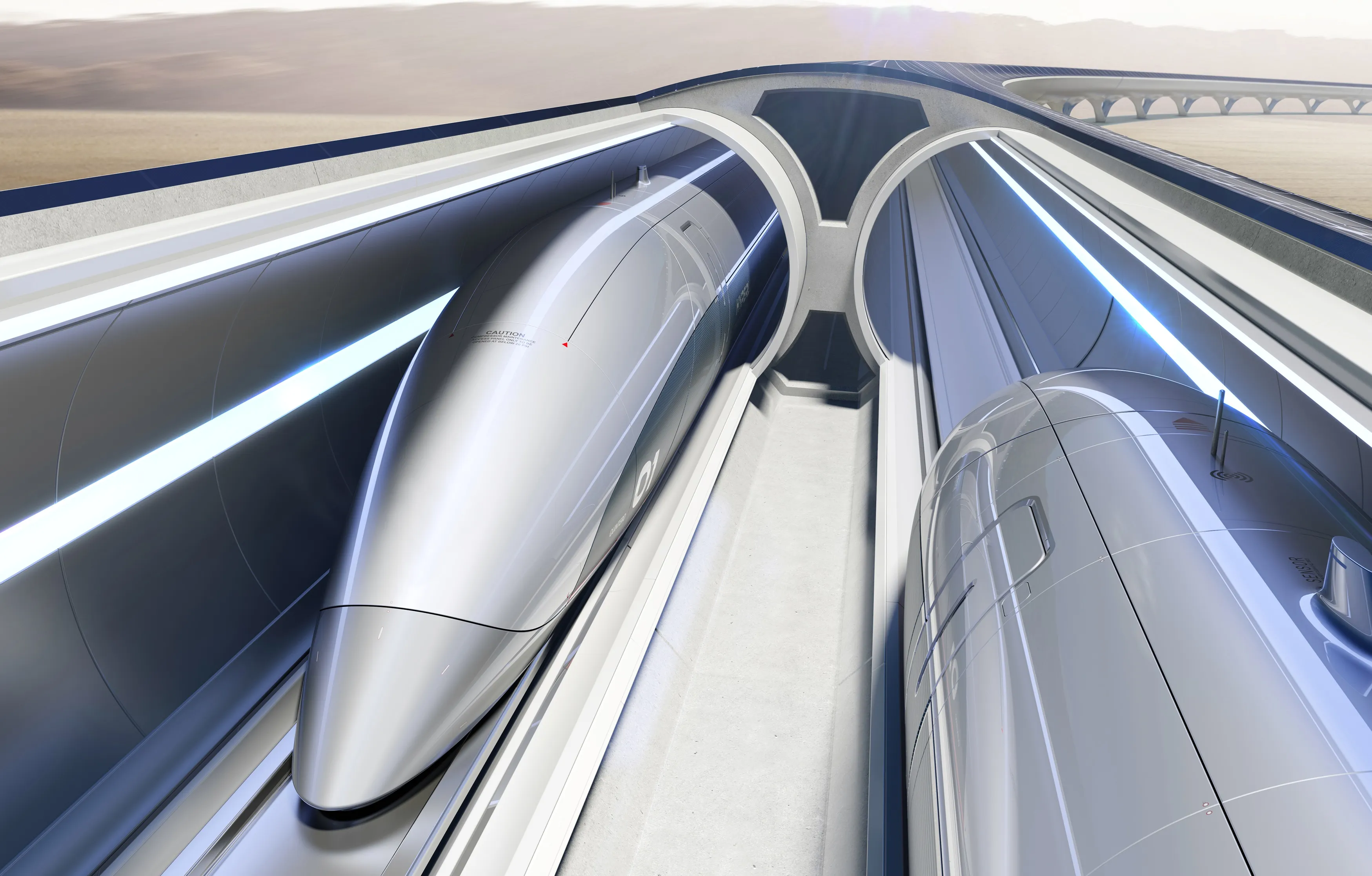
A joint venture in Italy plans to create a hyperloop link - a tube-based transportation system - between two cities in the north-east of the country
No timeline is given for its completion but the 'Hyper Transfer' would run from Mestre, which is on the mainland, across the water from the famous island city of Venice, and Padua, which is around 50km away.
Hyperloop Transportation Technologies, Webuild and Leonardo have formed a consortium called Hyper Builders, which won the tender from the Venetian Motorway Concession (CAV), Italy’s regional highway operator.
Phase one is a feasibility study, followed by "a detailed design and engineering phase and the subsequent final phase for construction, testing, and certification".
The companies say the project "will reduce heavy traffic, decrease traditional transport times and energy consumption, improve road safety, and enhance the interconnections between transport systems and smart cities in the local area".
Rina and Hyperloop Italia – HyperloopTT’s licensee in Italy - are also part of the joint venture.
“This is the moment HyperloopTT has been working towards since 2013," says Andrés de León, CEO of HyperloopTT.
"We thank the Italian government, the Veneto region, and CAV for their vision and commitment to sustainable innovation. We’ve partnered with some of the best engineering and transportation companies in the world, all with deep roots in the region. We look forward to bringing this first of many hyperloop systems to the world.”
Zach Zhang, director HyperloopTT and Silicon Valley-based venture capitalist said: "We are not only investing in a technological marvel, but also in the people that are creating the future of sustainable and efficient travel.”
Bibop Gresta, founder and CEO of Hyperloop Italia, called it "an eco-friendly, high-speed transport revolution".








